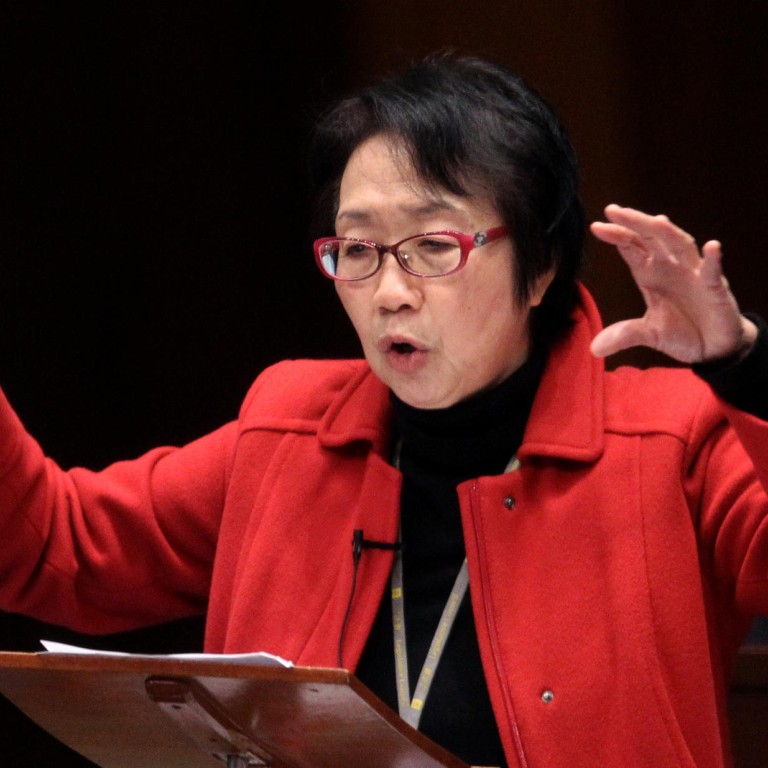
Legco may give Leung's policy address the thumbs down
Chief Executive Leung Chun-ying's second policy address was given the thumbs down from the Legislative Council last night when the traditional motion of thanks was rejected.
To pass, it needed to gain more than half of lawmakers' approval in both the functional and geographical constituencies. For the functional constituency, 24 voted yes, eight no and one abstained. For the geographical constituency, 15 voted yes, 18 no and none abstained.
The vote came at the end of the third day of debate on whether or not to issue a vote of thanks for the chief executive's policy blueprint.
The city's lawmakers have voted against thanking the chief executive for his policy address nine times since the handover, including last year.
This year's discussions have touched on topics including labour, education and political reform, with some of the most contentious debate on areas barely mentioned in Leung's speech.
The Beijing-loyalist camp was divided along pro-labour and pro-business lines over whether to make it easier for companies to import workers.
"The government should make itself clear … that it is impossible to supply cheap labour by imports," unionist Chan Yuen-han said. "There will be great repercussions if labourers lose their jobs [to foreigners]."
The Federation of Trade Unions lawmaker said the government should instead unlock the potential of an underused section of the workforce: women.
But Felix Chung Kwok-pan, of the business-friendly Liberal Party, said a labour shortage was growing worse. "A lot of industries are facing manpower shortages," said Chung, who represents the textiles and garments sector. "The problem is worsening as the labour sector will not agree to importing workers."
Leung's speech did not mention labour imports. The issue of constitutional development - to which Leung devoted only one paragraph - was also a point of contention in Legco.
The government is conducting a five-month consultation on electoral reform ahead of the introduction of universal suffrage for the 2017 chief executive poll.
Liberal leader James Tien Pei-chun called on pan-democrats to support the government's eventual proposals even if they included a mechanism to screen out critics of Beijing.
"Hong Kong's constitutional system will remain unchanged if the electoral reform eventually fails to pass [Legco]," Tien said.
The Democratic Party's Albert Ho Chun-yan said pan-democrats could not accept screening of candidates.
"With screening I believe it is unlikely Legco will pass the proposal," Ho said.
